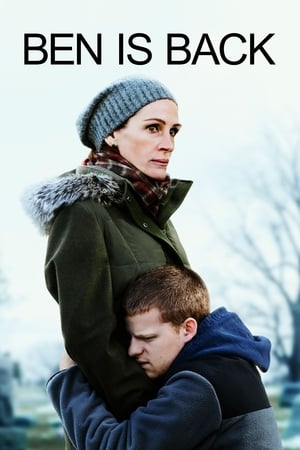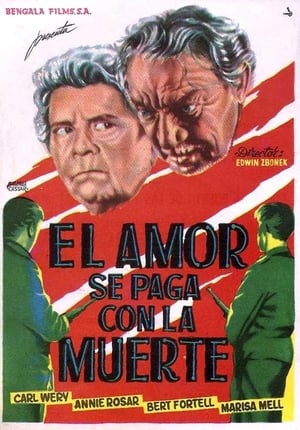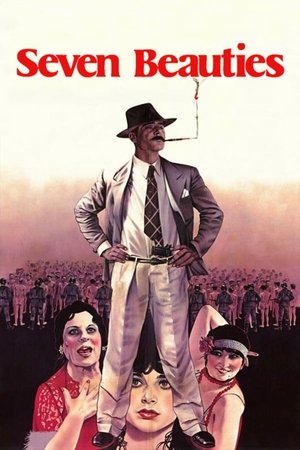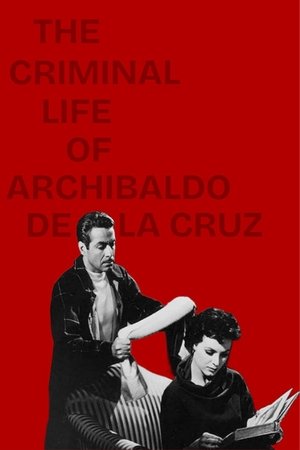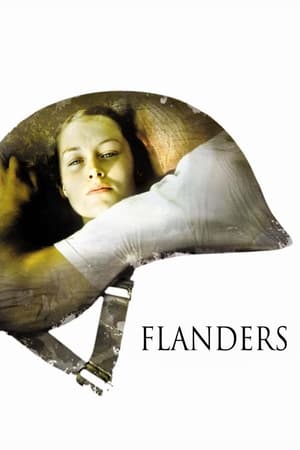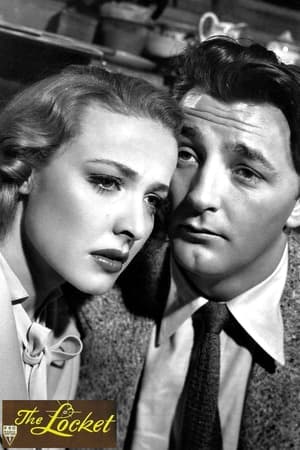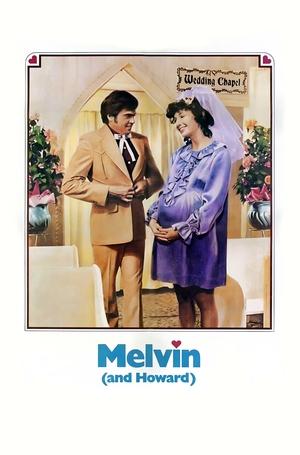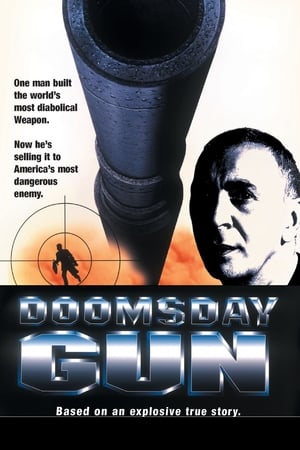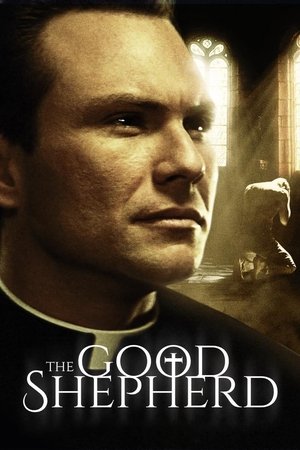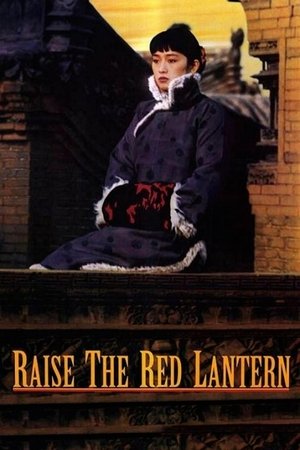Overview
Set during the early part of his reign, Ivan faces betrayal from the aristocracy and even his closest friends as he seeks to unite the Russian people. Sergei Eisenstein's final film, this is the first part of a three-part biopic of Tsar Ivan IV of Russia, which was never completed due to the producer's dissatisfaction with Eisenstein's attempts to use forbidden experimental filming techniques and excessive cost overruns. The second part was completed but not released for a decade after Eisenstein's death and a change of heart in the USSR government toward his work; the third part was only in its earliest stage of filming when shooting was stopped altogether.
Reviews
Nikolay Cherkasov is superb in this speculative biopic of the infamous Tsar of all the Russias. Made towards the end of the Second World War, Sergei Eisenstein manages to create a magnificent depiction of just how this often barbaric, but actually rather shrewd and intelligent 16th century monarch inherited and retained his throne despite plots and intrigues from his court, his people, his nobles - basically, just about everyone. His goal? Well that is presented in an almost Stalinist style. To unite the Russian peoples and to protect them from the oppression of those who would invade their land and take away their freedoms. The anti-Nazi rhetoric is front, centre and potent. This is also a terrific historical epic with great attention to detail, some penetrating photographic techniques and a string supporting actors portraying friend and foe that all offers us a captivating, sometimes quite claustrophobic, illustration of a nation and a government that seems frequently but a hair's breath from insanity. Lyudmila Tselikovskaya is superb as his conspiring Tsarina Anastasia as is Serafima Birman as his even more duplicitous aunt Efrosinia who has designs on his throne for her own son Vladimir - who rather epitomises the theory of the inbred degenerate identified by Josef von Sternberg in "The Scarlett Empress" made ten years earlier. At times it has the theatrical style of a silent film; the lighting and staging and the eyes - indeed the facial expressions in general, combined with the rousing Prokofiev score convey much more than any mere dialogue ever could. A finer tale of power lust, debauchery and metal instability you will never see in film - and I loved it!

 95 min
95 min
 7.285
7.285
 1944
1944
 Soviet Union
Soviet Union
 CinemaSerf wrote:
CinemaSerf wrote:

